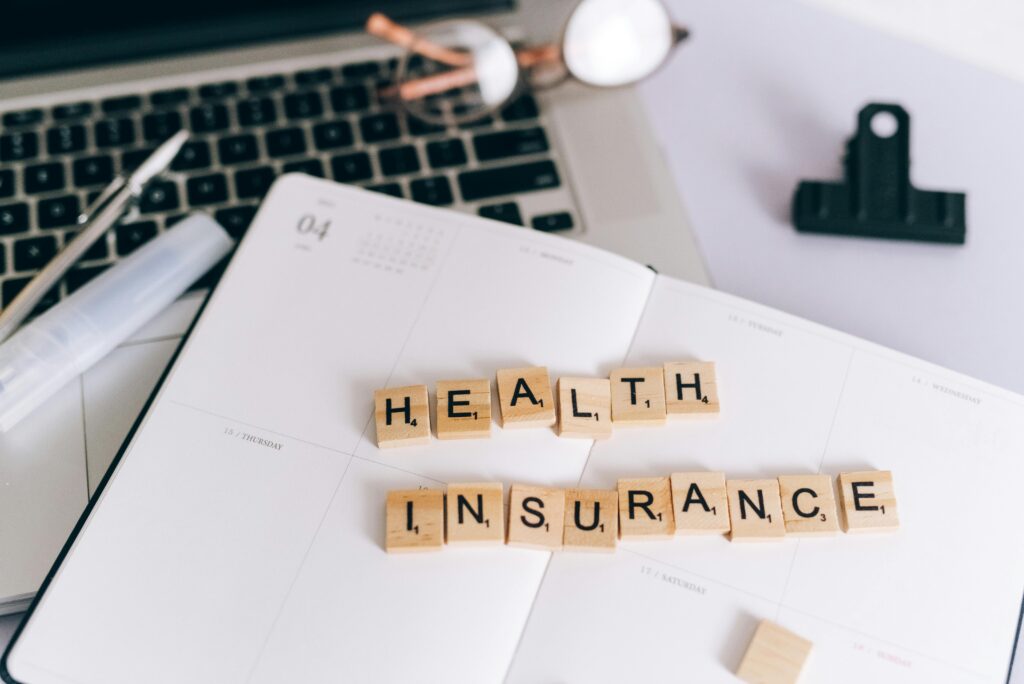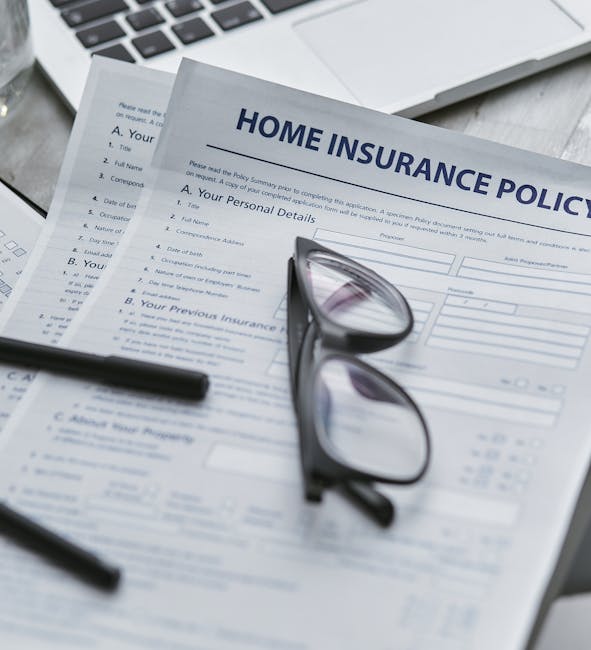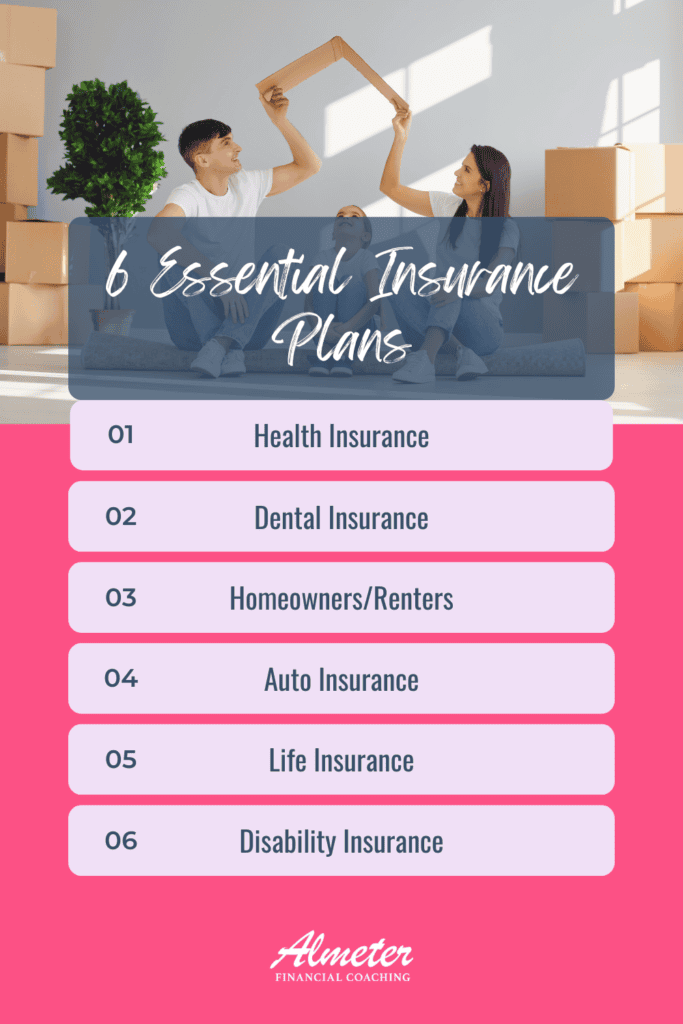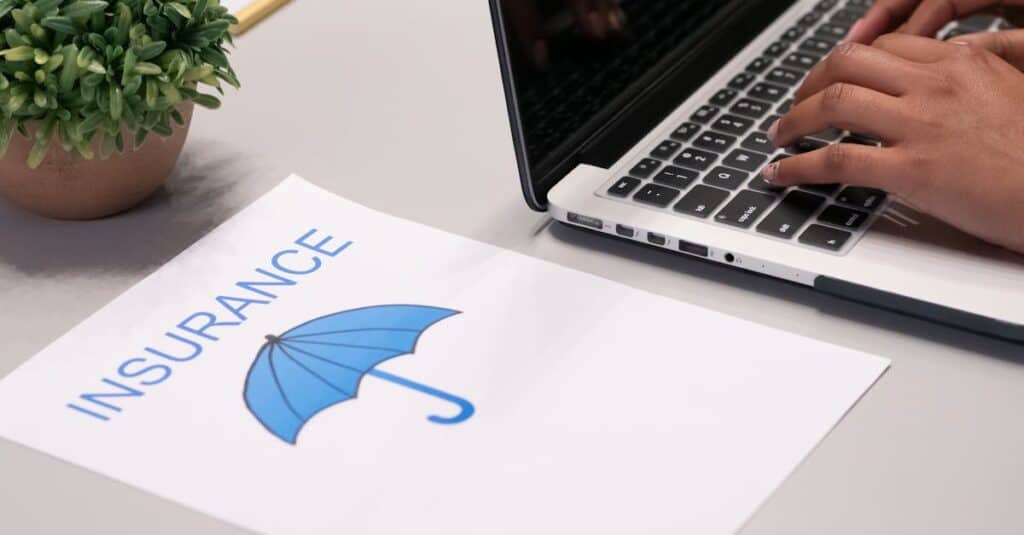This post may contain affiliate links. As an Amazon Associate I may earn from qualifying purchases at no additional costs to you. Please see the Policies pages for more info.
6 Essential Insurance Policies
When it comes to safeguarding your financial future, having the right coverage in place is crucial, and essential insurance coverage plays a key role in that protection. While some policies are non-negotiable for everyone, there are others that may be necessary depending on your unique circumstances.
In this post, we’ll explore six must-have insurance policies that everyone should consider, as well as three additional types of coverage that can provide extra security depending on your lifestyle and needs. Taking these steps ensures you’re protected from unexpected financial hardships.
What is Insurance?
Insurance protects you from a financial loss due to unplanned events. Those events could be health related, accidents, natural disasters or any other type of event that could potentially hurt you financially.
Why Insurance is Important
Insurance is important because it transfers the risk. The insurance company covers the potential risk for you.
Having insurance gives you peace of mind knowing that you won’t have to cover an extraordinary bill in case of an emergency.
Basic Insurance Terms to Understand
When you are looking into various insurance policies there are 3 areas to understand, which are premium, deductible and claim.
A premium is the amount of money you are paying to the insurance company. Depending on your policy terms, you may pay monthly, every 6 months, or every 12 months.
The deductible is the amount you are responsible for before insurance pays their part. Typically a policy with a higher deductible will have smaller premiums.
A claim is your request for payment to the insurance company. Most of the time you probably don’t have to do this on your own. For example, when you go to the doctor the doctor’s office will submit a claim to the insurance company for you. The insurance company will pay their part. If there is a balance then your doctor’s office will send you a bill for the remainder of the amount that is due.
Essential Insurance Everyone Needs
There are thousands of types of insurance policies out there but you don’t need them all. Some insurance policies are essential for everyone, which are health, dental, homeowners or renters, auto, life insurance, and disability insurance
1. Health Insurance
Health insurance can be expensive and frustrating but still necessary for everyone! Even if you are a healthy person that rarely sees the doctor, unexpected things can still happen.
It’s important that you understand your policy and what it covers since they all very depending on company and plan. The easiest and usually cheapest way to get health insurance coverage for you and your family is to go through your employer (or spouse’s employer). If health insurance is not available through a company plan then you will have to seek your own private plan.

2. Dental
Just like health insurance, dental insurance is important to your overall health too. Dental insurance can partially or fully cover costs of bi-annual cleanings and help lower your costs for extra dental work. The coverage depends on your policy and your dentist.
3. Homeowners Insurance or Renters Insurance
Homeowners Insurance
If you have a house, you have to have homeowners insurance. It would cover the costs of the house and contents if you were to ever lose your house to a fire or natural disaster.
Make sure it covers the full (current) value of your home. This is another one that you want to review periodically as our home value increases. I’ve heard horror stories where people thought they were fully covered but the insurance company said they weren’t.
Your policy should clearly state what is covered in a loss. For example, most basic policies won’t cover flood damage. If you are in an area that is likely to flood then you will want additional flood insurance. We do not have flood insurance because we live on a hill. It’s very unlikely that we would have any major flood damage.
Renters Insurance
If you are a renter you will want renters insurance. In the event of something happening to your home, your landlord’s homeowners insurance will cover damages to the property, but it will not cover your personal belongings.
Renters Insurance covers your personal belongings due to damage or theft. Renters Insurance is pretty inexpensive, usually less than $20 a month (depending on the policy). That small monthly investment can pay off in the long run if you were to ever lose your valuables.
When my brother was in college he rented a house with a couple of his buddies. One day while they were away someone broke into their house and stole their large TV and other belongings. Thankfully his roommate that owned the TV had renters insurance and they were able to replace the TV with their insurance claim.

4. Auto Insurance
If you have your own car then auto insurance is a must and most states require it. Depending on your insurance policy, auto insurance can fully or partially cover damages to your car and medical expenses if you were in an accident.
Here are 3 key areas of auto insurance to include in your policy:
Comprehensive – Covers damages that are not related to wrecks.
An example of comprehensive coverage would be when a deer hit my front bumper and headlight. To the outside it looked like surface level repairs (cracks) but once our mechanic took a look at it the damages went deeper behind the bumper than what I could see (or understand). The bill to get it fixed was a couple thousand dollars but insurance covered most of it (thank God) and we only ended up paying a couple hundred dollars.
Collision – Pays for damages to your vehicle if an accident is your fault.
Liability – Covers the other driver’s injuries and property if you are responsible for an accident.
Be sure to understand all the details of our auto insurance as well. There might be some additional benefits you aren’t aware of. We have towing assistance on ours. For years we paid for AAA coverage for towing if needed. But finally decided to cancel AAA because we were already paying for towing in or auto insurance.
Towing assistance came in handy in February 2024 when my check engine light came on and the car started making funny noises 30 minutes from home. I followed the prompts on my insurance company’s website to request a tow truck. We wanted to get the van back to our mechanic which was about 30 miles away. It cost me less than $200 (I can’t remember the price exactly) to get it towed. Insurance covered the rest, which I’m sure was way more than $200!
5. Life Insurance
Life insurance replaces your income after your death and can help cover funeral costs. If you have a spouse or children that depend on your income then life insurance is essential.
Life insurance is also important for stay-at-at home parents as well. That person may not be earning an income but they are still contributing to the family economically perhaps by saving money on childcare and tending to the house. A small life insurance policy for that parent can help cover costs of childcare and/or a housekeeper if that person were gone. This could alleviate stress on the living parent during a difficult time.
Children and single adults should also have a small life insurance policy unless you have enough money in savings to cover funeral costs.
For more information on types of life insurance policies and how much coverage you have, read my post, Do You Need Life Insurance?
6. Disability Insurance
Long-Term Disability Insurance replaces some of your income if you are unable to go to work due to sickness or injury.
In the words of one of my favorite commercials with the duck saying “if you get hurt and miss work, it doesn’t hurt to miss work.” (I am not a customer of this insurance company but I do love their commercials.)
There are 2 types of disability insurance; short-term and long-term. Both will cover different percentages of your income for different lengths of time.
To dive deeper into disability insurance, read “What is Disability Insurance and Do I Need It?”
Optional Insurance of Extra Protection
Now that we covered the essential insurance policies that you should have, let’s go over some additional policies that could be helpful depending on your needs or stage of life.
Vision
If you don’t wear glasses or don’t have any eye concerns where you might need them soon, then you won’t need vision insurance.
But if you do have glasses then vision insurance can help with eye exam costs and glasses.
Vision insurance is fairly inexpensive and may be an option when you renew health insurance through your company’s annual enrollment period.
You can add it per person. So, since I don’t wear glasses I don’t have vision coverage. My husband does wear glasses so he does have vision insurance.

Long-Term Care Insurance
Long-Term Care Insurance helps with costs in assisted living facilities, nursing homes, adult day care facilities, and at home nurse care. These places can be expensive and without long-term care insurance they could dip into your other assets (like retirement) to cover costs.
Anyone who is over 65 years old should have long-term care insurance, even if they are healthy.
For a more in depth article on who should have it and what it covers, read “Long Term Care Insurance Explained.”
Umbrella Policy
Umbrella insurance is an extra layer of protection to you and your family from lawsuits that are larger than what your other insurance policies cover.
It is fairly inexpensive but necessary if you have a net worth over $500,000.
Read “What is Umbrella Insurance and How Does It Work?” to better understand umbrella policies and to determine if you need one.
Conclusion
Having the right insurance coverage is a critical step toward protecting your financial well-being. By ensuring you have these essential policies in place, along with additional coverage where necessary, you can shield yourself from potential financial setbacks.
Don’t wait for the unexpected to happen—take control of your financial future today. To help you get started, download my free Financial Wellness Checklist, a simple guide to ensure you’re on track with all areas of your financial health.
Related Articles
Mastering Financial Wellness: Tips and Tools
Financial Safety Net: The Power of an Emergency Fund


